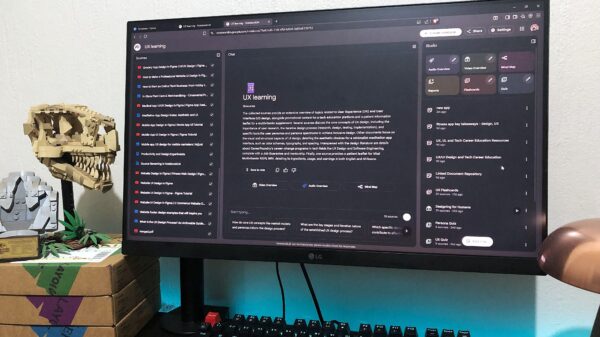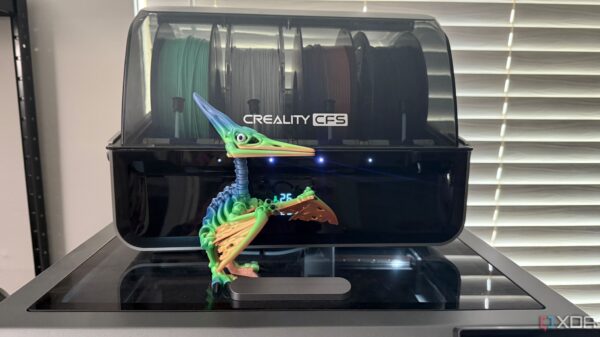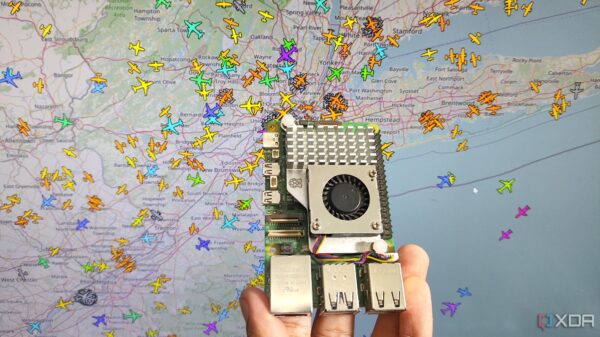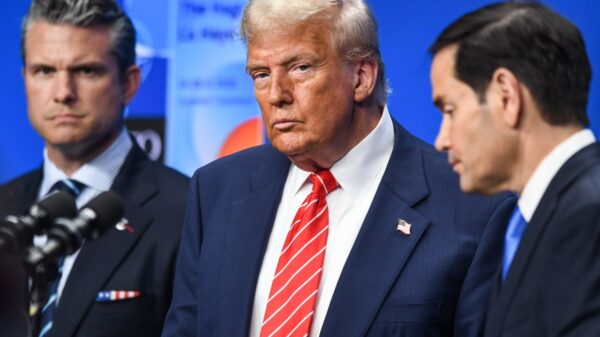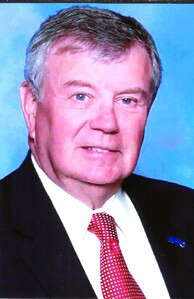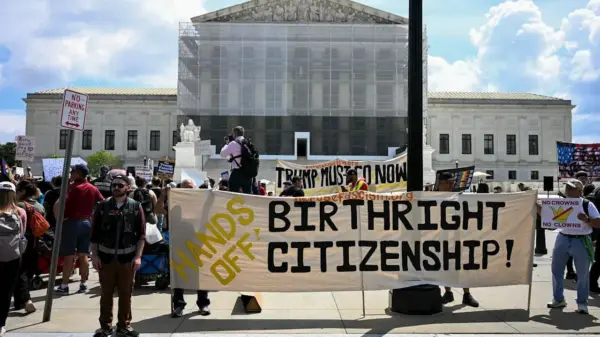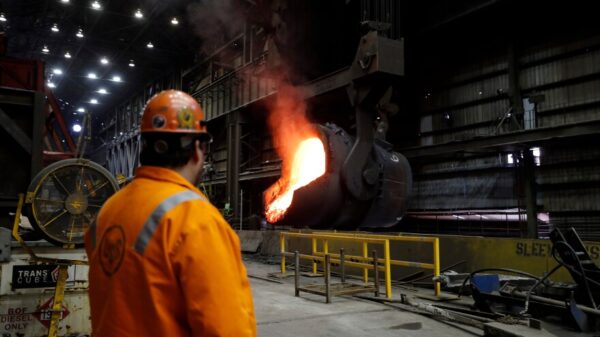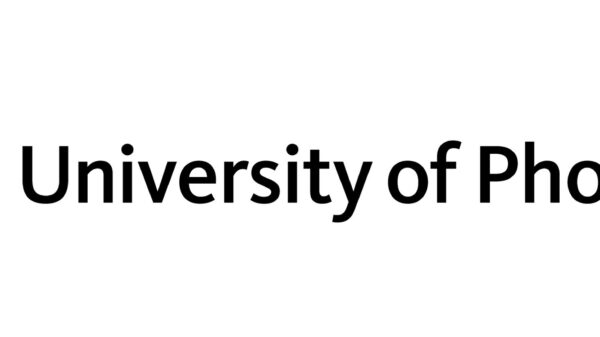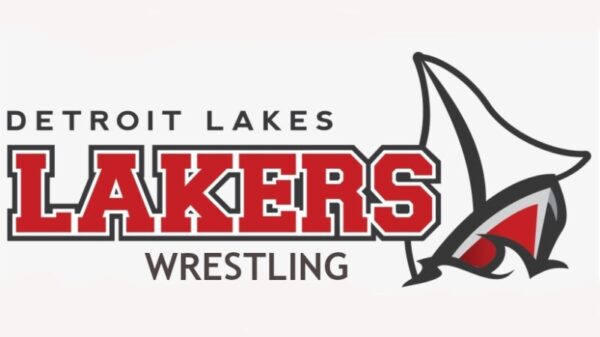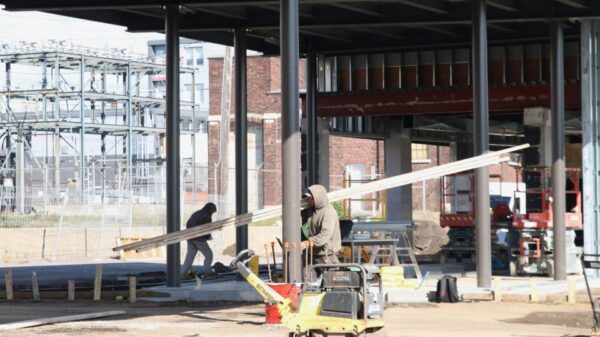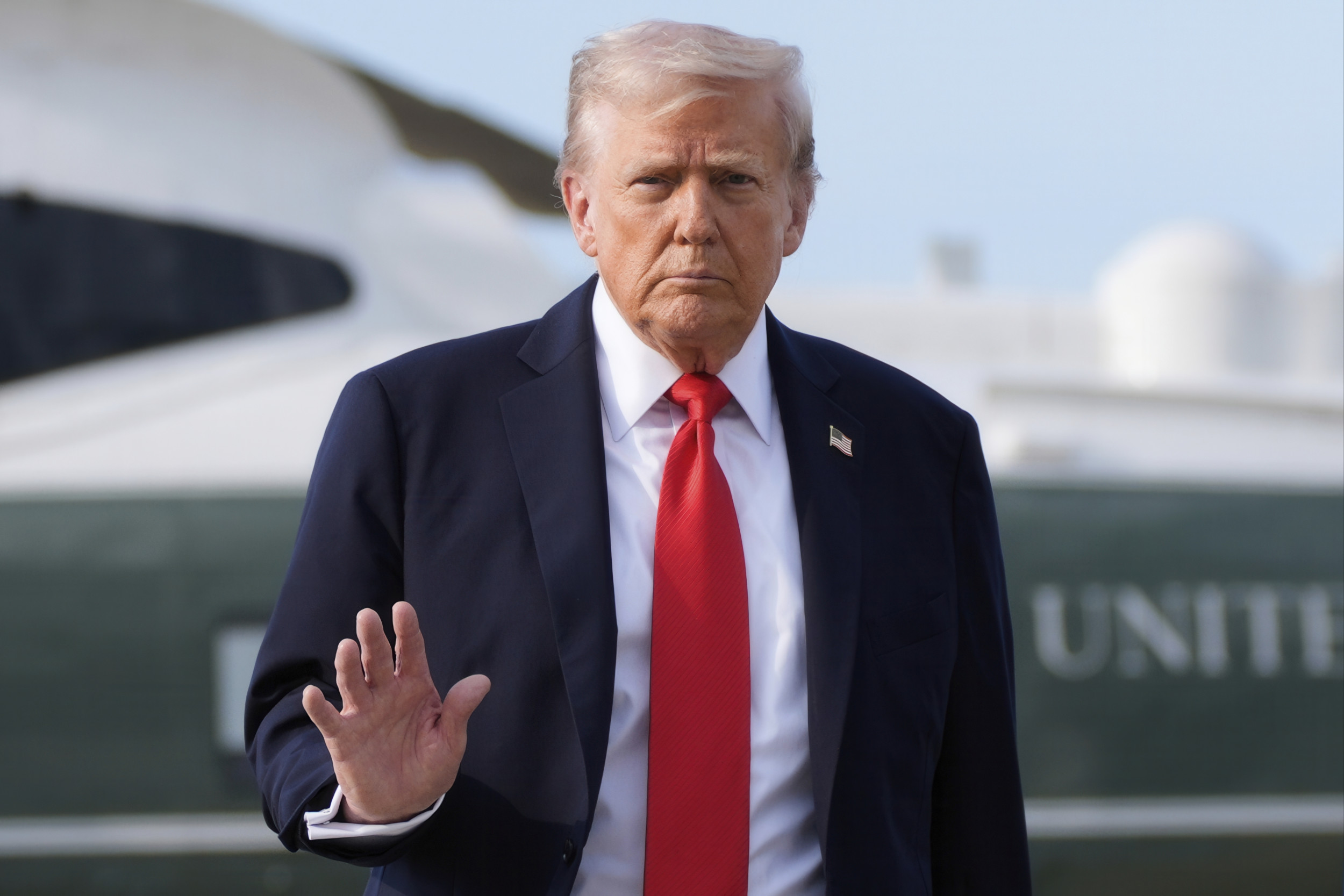UPDATE: President Donald Trump has just announced a groundbreaking initiative allowing foreign companies to temporarily bring in “people of expertise” to train American workers, a move that could reshape the U.S. job landscape. This announcement was made via social media on Sunday, September 11, 2023, and comes in the wake of heightened immigration enforcement actions, including a recent raid in Georgia.
This initiative aims to address the critical skills gap in American manufacturing, particularly in advanced sectors such as semiconductors and computers. Trump emphasizes that without this program, foreign investment in the U.S. could dwindle, jeopardizing the manufacturing revival he has championed. He stated, “If we didn’t do this, all of that massive Investment will never come in the first place.”
The proposal follows a significant raid by Immigration and Customs Enforcement (ICE) on a Hyundai plant in Georgia, where over 300 South Korean nationals were detained. These workers were subsequently returned to South Korea, raising concerns about the impact of strict immigration policies on foreign investments. Economic experts, including those from the Brookings Institution, warn that such actions send mixed signals to international allies, potentially deterring future investments.
Trump’s plan is particularly relevant as it seeks to balance the need for foreign expertise with his administration’s tough immigration stance. He has called for foreign companies to adhere to U.S. immigration laws while encouraging them to bring skilled workers legally to help train American employees. “We welcome them, we welcome their employees, and we are willing to proudly say we will learn from them,” Trump stated.
The administration has not yet specified the time frame for the proposed program or which visa categories will be utilized. However, the H-1B visa program, which allows U.S. companies to employ foreign workers with specialized knowledge, is expected to play a key role in facilitating this initiative.
Critics of the H-1B program argue that it may undermine job opportunities for U.S. workers, especially in light of rising domestic layoffs. Major tech companies such as Amazon, Microsoft, Apple, and Meta are significant sponsors of H-1B employees, highlighting the contentious nature of foreign labor in the current economic climate.
In light of Trump’s announcement, the business community is closely monitoring the implications for both foreign investment and domestic job creation. As Trump stated, “I don’t want to frighten off or disincentivize Investment into America.”
Looking ahead, further details regarding the program’s structure and application process are anticipated soon. Stakeholders in various sectors, including engineering and finance, will be eager to learn how this initiative may impact their industries and the broader U.S. economy.
As this story develops, the balance between attracting foreign talent and protecting American jobs remains a critical topic of discussion. Stay tuned for updates on this significant policy shift and its potential ramifications on the U.S. workforce.


